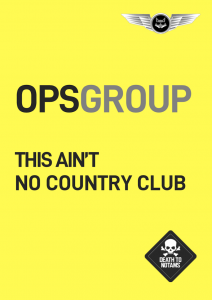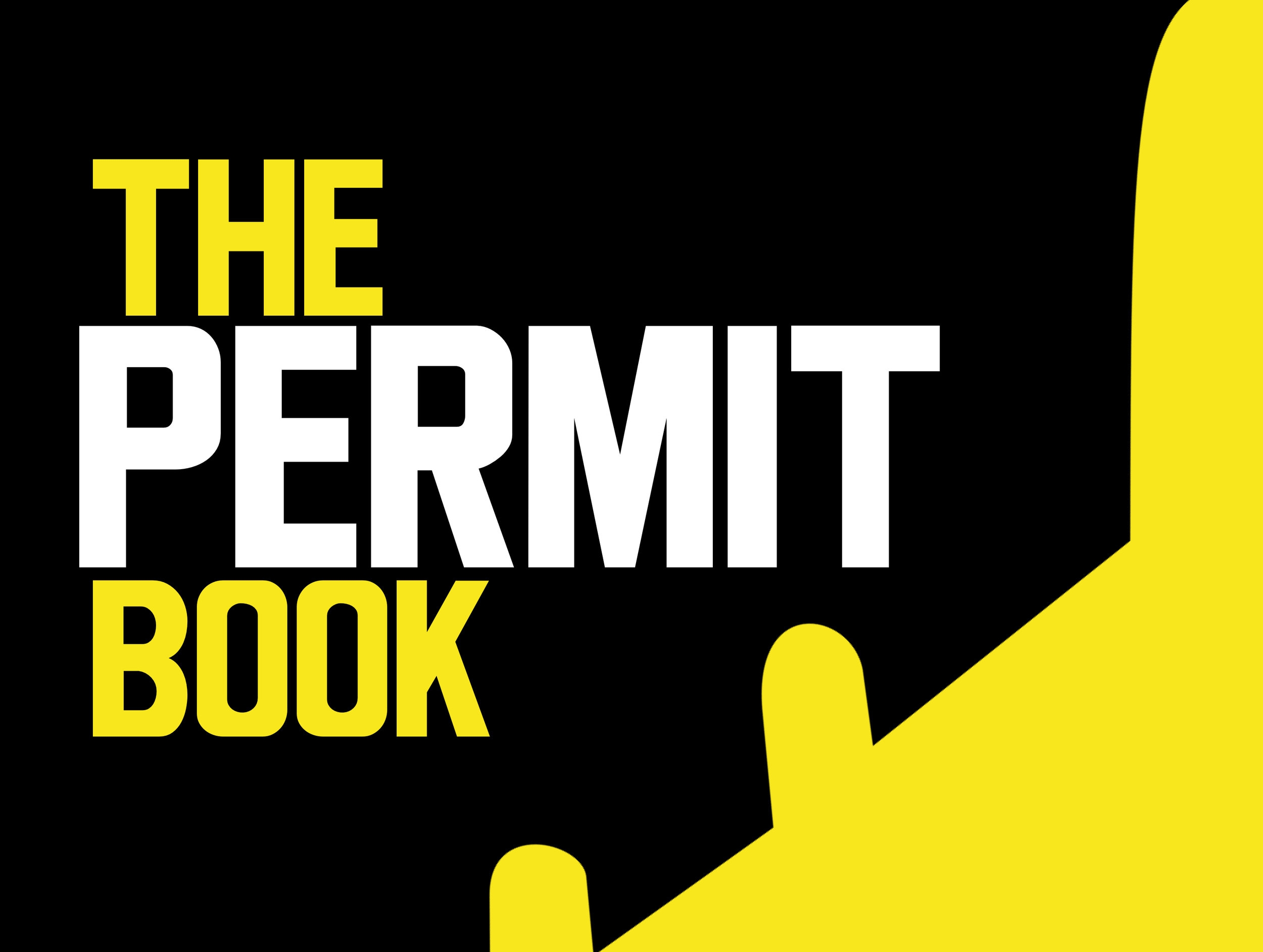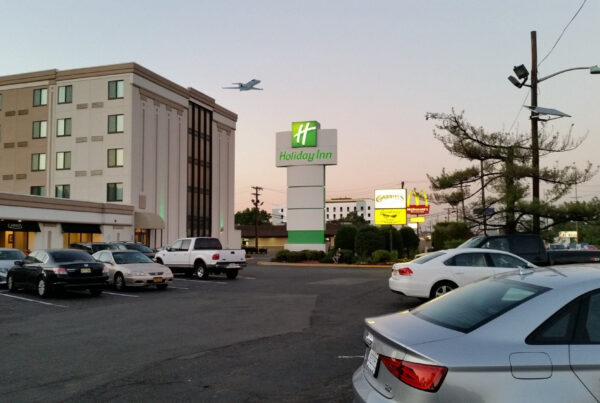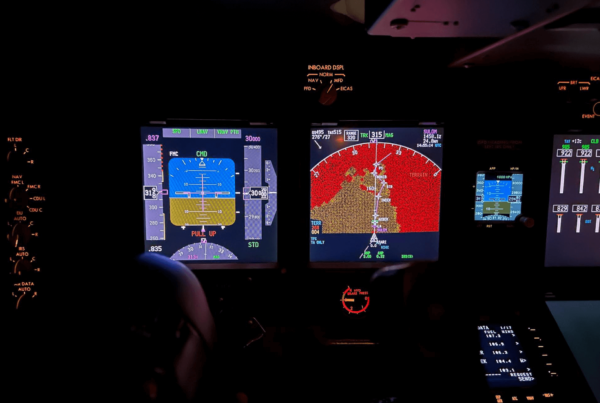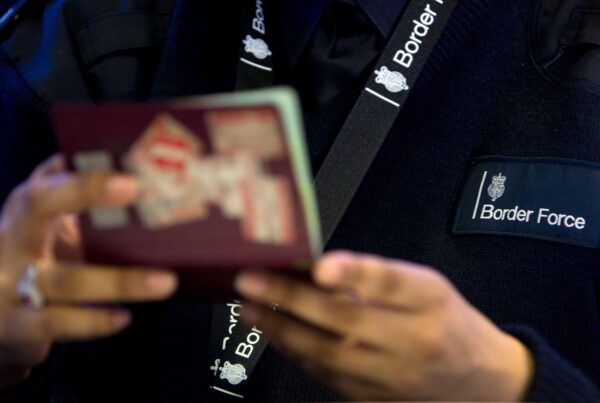I recall one flight to an undisclosed location in South East Asia when I noticed the other pilot was carrying his passport in his front pocket. On asking why he was keeping it there and not his flight bag, the response was quite confronting – ‘in case something goes wrong, and we need to get out of here in a hurry…’
This got me thinking – every time we step foot in a foreign country, we are taking a risk – albeit a controlled one.
If we find ourselves on the wrong side of the law (guilty or otherwise), we are at the mercy of whatever legal system presides over us. This applies regardless of our nationality, the number of bars we have or even our preconceived notion of what constitutes a fair and reasonable legal process.
And pilots are maybe at higher risk – simply because of the sheer amount of time we spend abroad compared to the travelling public. You may not think it will happen to you, but even trivial offences can land us in hot water. If that happened, would you know what to do?
Guilty Until Proven Innocent
Perhaps the most likely way you may find yourself in trouble is in the aftermath of an accident or incident. Unfortunately, history has shown that in some cases the pilots become the default suspects regardless of who or what was at fault.
Take Nov 18 last year for instance, at Peru’s largest international airport, SPJC/Lima. An A320 collided with a fire truck during its take-off roll on an active runway. At the time, CCTV footage showed that for some reason a truck had entered the runway. Everything else was just speculation. Despite that, the crew of the A320 was immediately detained without charge.
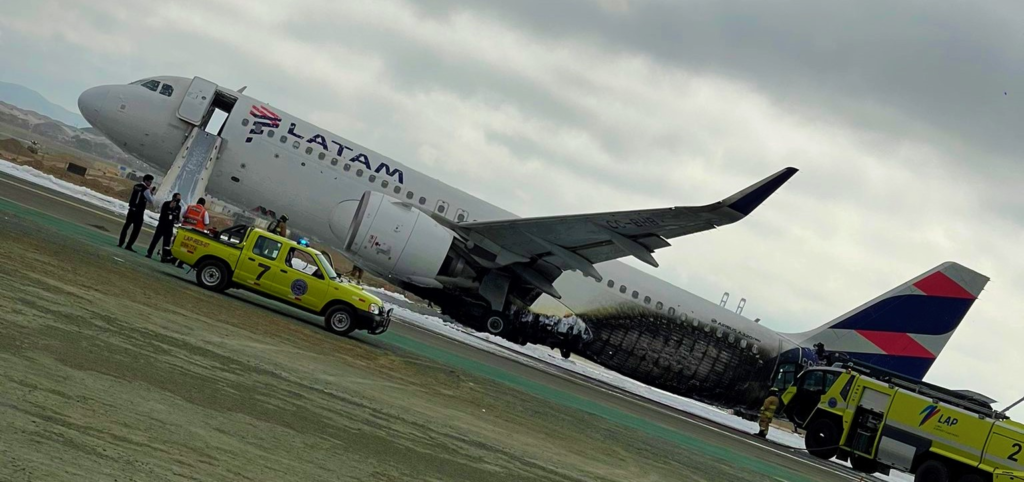
The flight crew of this A320 was immediately arrested and detained.
This highlights a disturbing precedent – compulsion for authorities to act. Holding pilots responsible sometimes seems to be a knee-jerk reaction to allay the concerns of the public and an invasive media scramble that systems and processes had no part to play. Human error is the easiest explanation – after all, the pilots were there.
This is the risk that we are all taking, whether we are aware of it or not. We can very easily become scape goats. And with highly punitive investigations in some parts of the world, it’s no wonder we’re carrying our passports in our front pockets.
Wrong Place, Wrong Time
It isn’t just incidents and accidents though. Like the public, we can get also get caught up in the middle.
Around the same time last year, narcotics were found stashed in a maintenance bay of a Canadian CRJ shortly to depart the Dominican Republic. The drugs were discovered and dutifully reported by the crew to the authorities. Shortly afterwards, they were all detained – for months. There was no evidence linking any of them to the discovery, nor any charges laid.
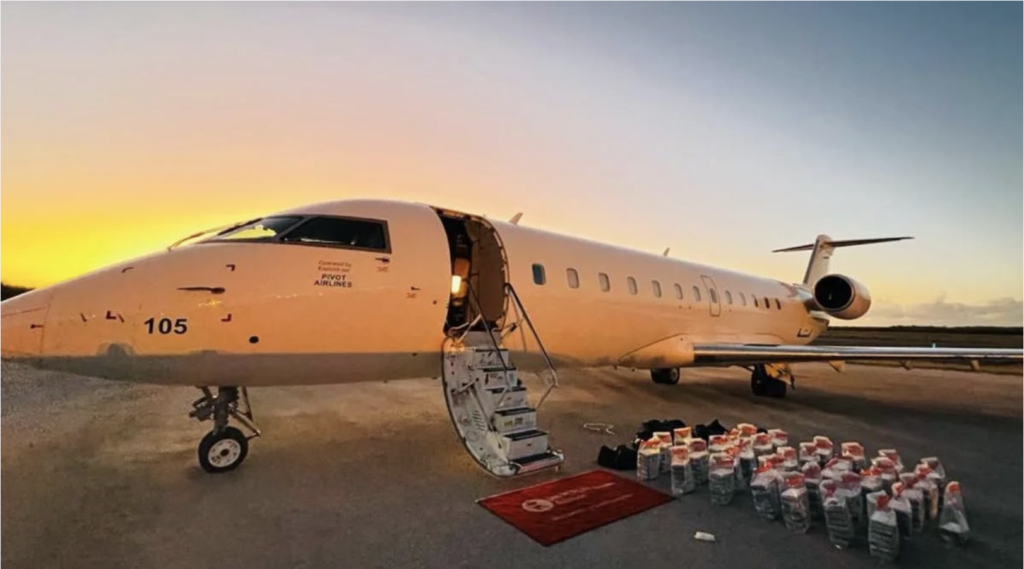
The entire crew of this Canadian CRJ were detained without charge for months after drugs were discovered in a maintenance bay.
We can also find ourselves in trouble for exercising liberties that may be commonplace at home, but are still punishable abroad. Drugs and alcohol are obvious culprits, but this can also extend to our behaviour, preferences or even our freedom of speech in foreign countries. Then there are issues related to immigration. You and your crew can be held if there are issues with your paperwork, including visas and gendecs.
So what can we do?
On April 6, IFALPA published some guidance on what pilot associations, and individual crew should do if arrested in a foreign country. Here is a quick 2-minute summary:
Pilot Associations:
- Contact the local pilot association in the country where a pilot has been detained, and ask for help to get him or her released and out of the country asap. Failing that, look for legal assistance there or get in touch with the relevant embassy. Also contact the IFALPA emergency number +44 1202 653 110.
- Get in touch with the pilot’s employer and work along side them. You’ll also need to advise the pilot’s family – the big ticket advice here is to stop them talking to the media. If there is a lot of heat, you may need to help re-locate them.
- Likewise, unless you have media specialists on your team, don’t issue any statements.
- If practical, consider sending a rep to the pilot to assist. At the very least this would lift morale, along with providing a myriad of additional support.
Pilots:
- It may feel counter-intuitive but comply with the orders of police or authorities. Resisting arrest isn’t going to help. Make it clear you are willing to fully cooperate – but don’t make any statements until you have spoken to a lawyer.
- If you must say something, use the suggested safety phrase on the card below.
- Get onto your pilot association’s hotline without delay. If you can’t reach them, contact the IFALPA emergency number above. The sooner you get in touch, the sooner you’ll get help.
- Less is more – don’t volunteer or offer information, and never speculate on what has just happened. And for the love of Pete – don’t sign anything. Not unless it is written in a language you fully understand, and you have taken legal advice.
Quick Reference Card
IFALPA also recommend that associations produce a card or booklet with actions to follow if a pilot becomes incarcerated. Using IFALPA’s advice, we’ve put one together – it may be a good one for the flight bag. Click the image below for a downloadable PDF.
More reading:
- Latest: Teterboro: RIP the RUUDY SIX
- Latest: 400% increase in GPS Spoofing; Workgroup established
- Latest: GPS Spoofing WorkGroup 2024
- Safe Airspace: Risk Database
- Weekly Ops Bulletin: Subscribe
- Membership plans: Why join OPSGROUP?



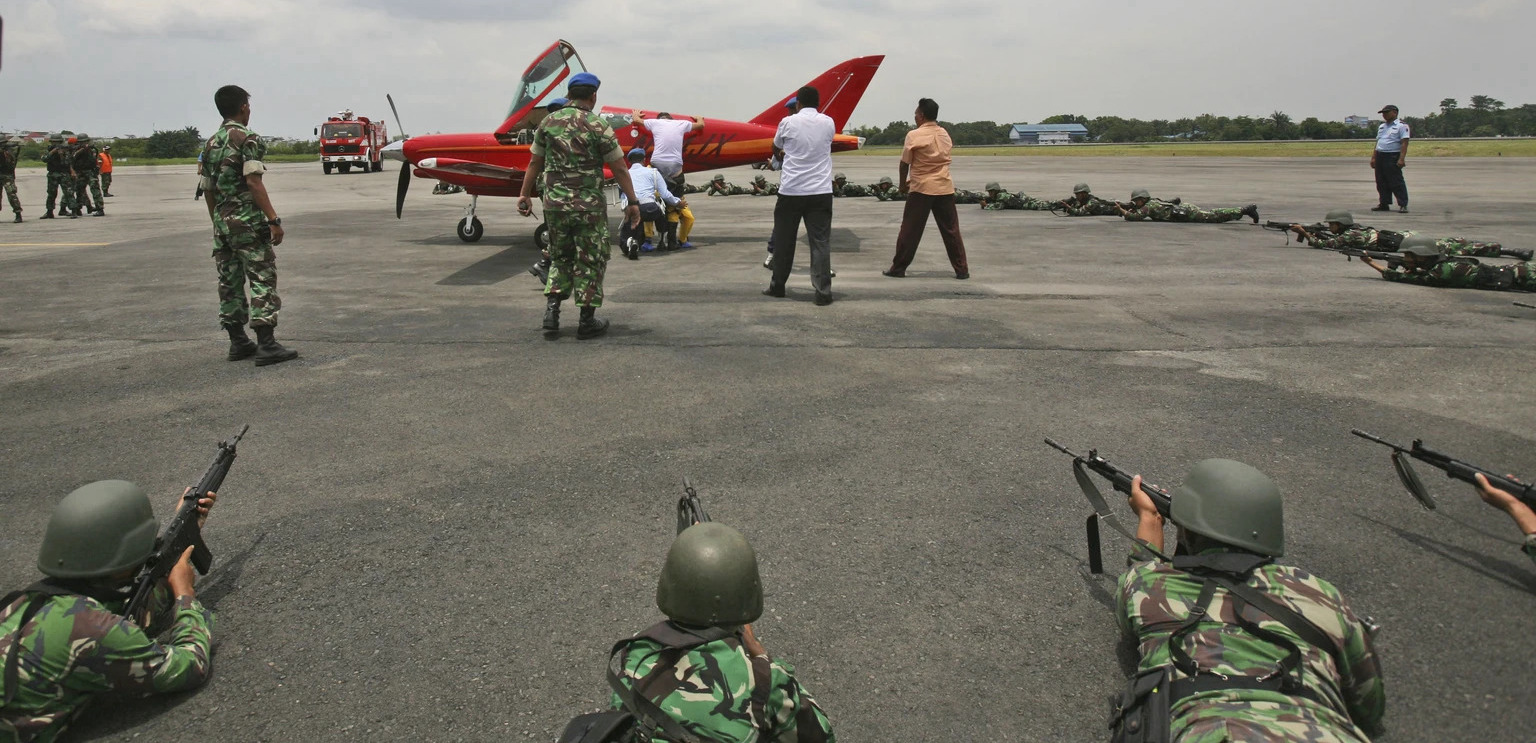
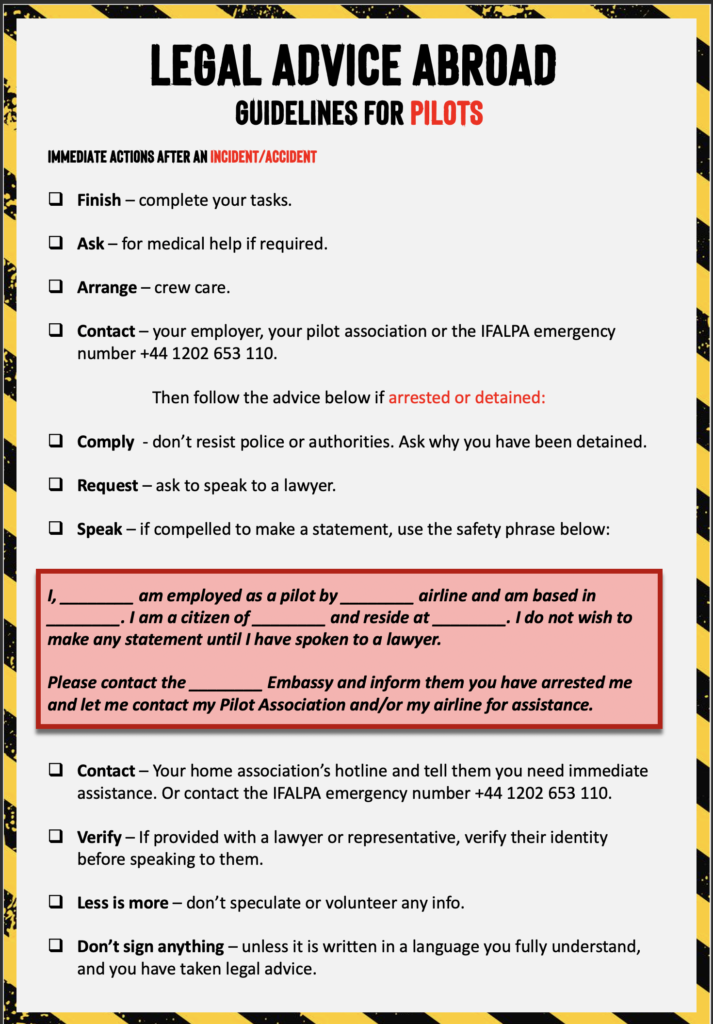


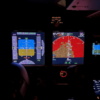
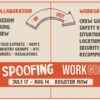
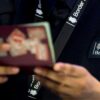

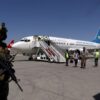
 Get the famous weekly
Get the famous weekly 